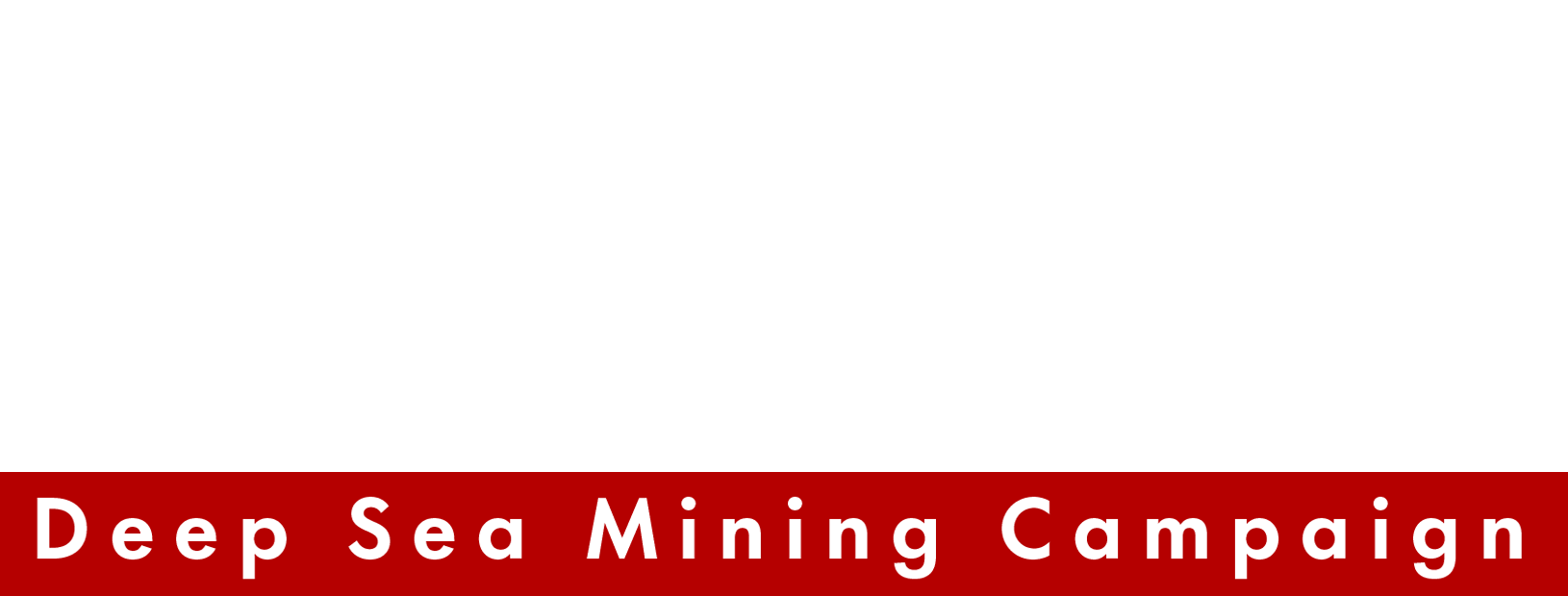2nd December, 2014
A ‘No More Mining’ message taken to PNG investors
Bank of South Pacific questioned on investment in deep sea mining
ACTION: PNG MINING & POLLUTION DIVESTMENT PROTEST
TIME: Tuesday 2 December, 2014 at 12:00 pm
VENUE: Sydney Hilton Hotel, 488 George St, Sydney, Australia
SYDNEY | The 13th PNG Mining and Petroleum Investment Conference at Sydney’s Hilton Hotel from the 1st to the 3rd of December is receiving pressure from human rights and environmental advocates in regards to continuing investment into mining in Papua New Guinea that has been destroying communities and the environment since 1972.
Dan Jones, Melanesian studies advocate said, “From Bougainville to Ok Tedi, to Porgera and Ramu Nickel in Madang, the extractive industry continues to cut corners purely to maximise profits causing massive environmental damage and social upheaval which continues to spark social uprising, ecocide and serious conflicts.”
The latest threat in PNG is the new ‘frontier’ industry deep sea mining. The world’s first licence to operate a deep sea mine has been granted in Papua New Guinea to Canadian company Nautilus Minerals. Nautilus is speaking at the PNG industry conference in Sydney.
Natalie Lowrey, Acting Coordinator, Deep Sea Mining campaign said, “The Nautilus Environmental Impact Assessment (EIS) is deeply flawed[1], neither the Precautionary Principle[2] or Free Prior and Informed Consent[3] has been adhered to despite growing opposition in Papua New Guinea[4]. This only further disenfranchises communities in PNG who have not yet made an informed decision on whether they want to be the guinea pigs of such a new industry.”
The Bank of South Pacific (BSP), a sponsor and presenter at the conference, has allowed the Nautilus project to progress after it stalled. BSP, who considers itself the ‘greenest’ bank in the Pacific provided a loan of $120 million (2% of BSP’s total assets) to PNG for a 15% stake. Those finances are due to be released to Nautilus from an escrow account on the 11th of December.
“The Deep Sea Mining campaign has sent a joint letter with PNG-based NGO Bismarck Ramu Group to BSP asking if they have undertaken a full risk analysis on its loan to the PNG government that is allowing this project to advance – to date we have had no answer from them.”
“The letter will be hand delivered at the conference urging BSP to seriously consider the risks to its reputation claiming to be the greenest bank in the Pacific and withdraw the loan before it is too late.”
Jones continued, “Most Papua New Guineans do not see the benefits promised by mining, oil and gas developments, yet investment continues to flow at a great rate into projects despite the massive problems they continue to cause to culturally diverse subsistence agricultural communities dependant on clean environments and waterways for survival.”
“Papua New Guineans want support for their own initiatives, like value adding to existing cocoa and coconut industries. There is an increasing demand for organic health food export markets utilising fair-trade virgin coconut and cocoa in recent years is an industry PNG is failing to tap into.”
“Development to Papua New Guineans is much more than an expedient cash cow benefiting foreign investors and local officials. Real development includes cultural development including environmentally custodial customs, responsibilities and spiritual connections to land and sea.”
For more information: Daniel Jones +61 447 413 863, d3antares[at]gmail.com
____________________________________________________
Notes
[1] Being a new form of mining there is a high level of uncertainty about the risks deep sea mining (DSM) poses to marine environments and communities. What is certain is that impacts will be associated with each step of the mining process. The DSM campaign’s two comprehensive reports highlight many errors and omissions in the Solwara 1 Environmental Impact Statement (EIS). This means that we don’t yet understand the risks posed to coastal communities. http://deepseaminingoutofourdepth.org/report/
[2] The Precautionary Principle
The United Nations World Charter For Nature (1982) states that:
activities which are likely to pose a significant risk to nature shall be preceded by an exhaustive examination; their proponents shall demonstrate that expected benefits outweigh potential damage to nature, and where potential adverse effects are not fully understood, the activities should not proceed.
Unlike later interpretations, this definition of the PP prioritises the protection of the well being of communities and the environment. It clearly identifies that the developer bears responsibility for proving that a development it is not harmful.
Implicit in this principle is the social responsibility to protect the public from exposure to harm, when scientific investigation has found a plausible risk.
http://www.deepseaminingoutofourdepth.org/what-is-the-precautionary-principle/
[3] Free Prior and Informed Consent
FPIC is recognized in many international law instruments. Of these, the UN Declaration of the Rights of Indigenous Peoples (UNDRIP, 2007) provides one of the clearest articulations of FPIC. Its key elements are defined as:
Free – Consent is free from force, intimidation, manipulation, coercion or pressure by any government or company.
Prior – Consent is obtained prior to government authorisations, allocation of exploration permits, operating licences etc.
Informed – all the relevant information must be presented to communities and civil society in an accurate, and accessible manner independent of vested interests
Consent – requires that communities and civil society have the right to say “Yes” or “No” to the project in accordance with community decision-making processes and at each stage of a project. It means that civil society can withhold consent or can determine the conditions for consent if it is given.
http://www.deepseaminingoutofourdepth.org/what-is-free-prior-and-informed-consent/
[4] http://www.deepseaminingoutofourdepth.org/?s=petition

Recent Comments